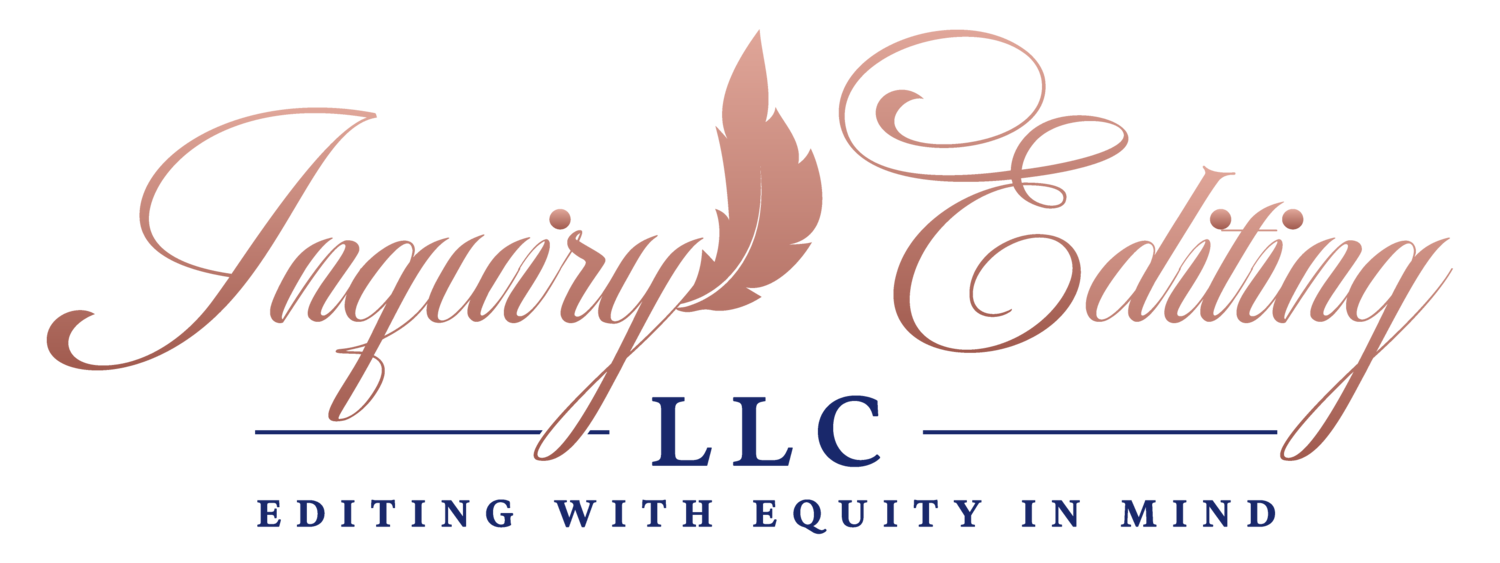What I Have Learned From Being A Poet
Last year, my mother got me a subscription to the site Masterclass where some of the world’s greatest and most decorated experts talk through the fundamentals of their fields. I’ve taken chess with Kasparov, interior design with Corey Damen Jenkins, philosophy with Cornel West, poetry with Billy Collins, and writing with Roxane Gay. I have voracious intellectual tastes.
During Roxane Gay’s class, she makes few distinctions between her creative non-fiction, novels, and memoir, claiming that writing is writing. This feels like something I sensed as a self-identified writer, but I could not explain why I thought so. Gay, for her part, does not expound upon her discussion except to encourage her students to read voraciously and continue to practice writing. What I want to share with you, dear reader, is what I learned from being a poet that expands into my other writing.
Technically speaking, I have identified as a writer since age five when I wrote my first essay “Why I Am Proud To Be African American.” (It won first prize in a city-wide essay competition. I got to meet the then-newly-elected-mayor of East Orange, New Jersey, Cardell Cooper. I wore a pinafore and blush lip gloss. It was a whole moment.) But I began to identify as a poet in 1993. Something happened though. I mostly gave up writing poetry and, with it, my identity as a poet in 2006 after a graduate school professor told me I wasn’t very good. Mind you, this was after Cornel West endorsed my spoken word CD (every 90s/early aughts poet I know had one), I had studied with Yusef Komunyakaa, Derek Walcott, and CK Williams, after I had been published in Black Renaissance/Renaissance Noire, my poetry handpicked by Quincy Troupe. I tell you this because it is entirely possible to feel so shaken by negative criticism that you are ready to forfeit your own destiny.
What finally turned the light switch on? Writing Black Madness :: Mad Blackness. During that writing process, I read everything I could by contemporary Black women poets: Khadijah Queen, Bettina Judd, Natasha Trethewey, Morgan Parker, Patricia Smith, Evie Shockley, Nikki Finney. As I was deciding whose words would frame my prose as epigraphs, I realized that I had actually never stopped being a poet. It has just taken on a different sensibility in my writing for academic audiences.
First, as my friend Nate Marshall has said, writing poetry is a practice of noticing. I notice small details about novels, poems, music, movies, commercials. Some detractors (including my inner critic) tried to convince me to reframe “small” as “insignificant.” They’re lying. I have long believed the opposite of the oft-repeated phrase: for if the devil likes the details, it is only because the divine showed up there first. What you notice is by definition interesting, because it interested you. When you write expansively about it, or link it to larger phenomena, it does not make you weird or too analytical, it means you understand how the pieces, of whatever it is, might fit together.
Second, poets love the economy of language: how you can say something precisely and keenly in as few words as possible. Now, in my everyday life, I am a talker. No one has ever accused me of being quiet. That said, as a writer, I realize I need different tools. I cannot rely on intonation, hand gestures, or body language. My punctuation, verb choices, and phrases must do this work for me. Since Richard Yarborough, my beloved dissertation advisor, needled me for using italics and scare quotes, I do not rely on them to communicate tone. As RY affirms, one’s writing must do the work words are meant to do. That tends to be a personal choice for some writers, but I tend to ask my words to do as much work for me as possible in as little space as possible. To be clear, this is the work of editing, not first drafts. And, having economical language is a judgement call: a writer must decide whether the concept has expensive tastes and requires a little more words spent on them.
Third (but not finally), as my colleague Jess Anthony says, poetry is a particularly punishing industry. You can submit and submit and amass more rejections than you think your inbox, let alone your heart, can take. Very rarely do you ever receive direct feedback on your poetry during this process. To continue writing and submitting requires tenacity. That is the major lesson of being a poet: be intrepid, be tenacious, be dogged in your pursuit of your goal. Writing is a practical skill, like music, like performance, like woodworking. As with each of those, one must practice and study. For writers, that means reading, writing, copying sentences or lines, journaling, mind-mapping. In short, you must show up to your writing. When you show up for it, it will show up for you.
Right now, I sit comfortably in my identity as a poet. I notice things, however strange. I edit, however painful. And I show up, however difficult.
